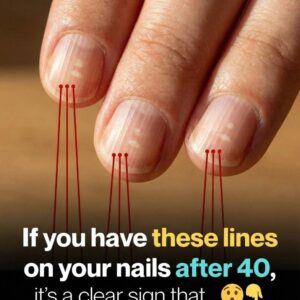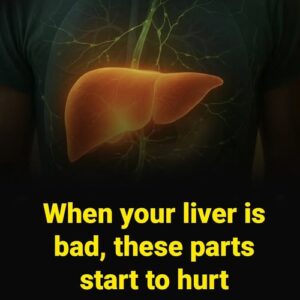A pharmacist has warned anyone who takes vitamin D supplements.
Our bodies produce vitamin D naturally when exposed to sunlight. Additionally, we also get the vitamin from certain foods and from supplements.
Nevertheless, large numbers of people in the UK are deficient in vitamin D. In a study released earlier this year, around 50 percent of Brits were found to be lacking sufficient levels of vitamin D.
While around one in six report taking a supplement, one pharmacist has issued a warning about potentially taking too much.

The dose of vitamin D supplements can vary. Though lower doses tend to be included in multivitamins, people can also supplement with higher doses in the forms of tablets, sprays and gummies, depending on their level of deficiency.
Jana Abelovska, Superintendent Pharmacist at Click Pharmacy, explained to Surrey Live: “The best way to get vitamin D is through your diet, supported by supplements like tablets, capsules, gummies or sprays that you use directly into your mouth.
“Vitamin D is fat soluble, which means that it is absorbed into the body along with fat – this means taking your vitamin D supplement with food that contains some healthy fats, such as nuts or yoghurt, will help your body absorb it much better.
“The recommended daily amount of vitamin D for adults aged between 19 and 70 is 15 mcg which is 600 IU or International Units, a unit used to measure vitamins. It’s really common to take vitamin D supplements, especially as many of us will not get enough vitamin D from sunlight or food alone.”

She said: “Don’t take too much vitamin D. Because it’s a fat soluble vitamin it can build up in your body easier than other vitamins.
“Taking too much vitamin D long term can lead to hypercalcemia, an excess of calcium in the body, which can cause problems with your heart, kidneys and bones. 4,000 IU or 100 mcg is considered to be the upper limit of safe vitamin D supplementation.”

The NHS also warns not to exceed 4,000 IU, adding: “Do not take more than 100 micrograms (4,000 IU) of vitamin D a day as it could be harmful. This applies to adults, including pregnant and breastfeeding women and the elderly, and children aged 11 to 17 years.”





